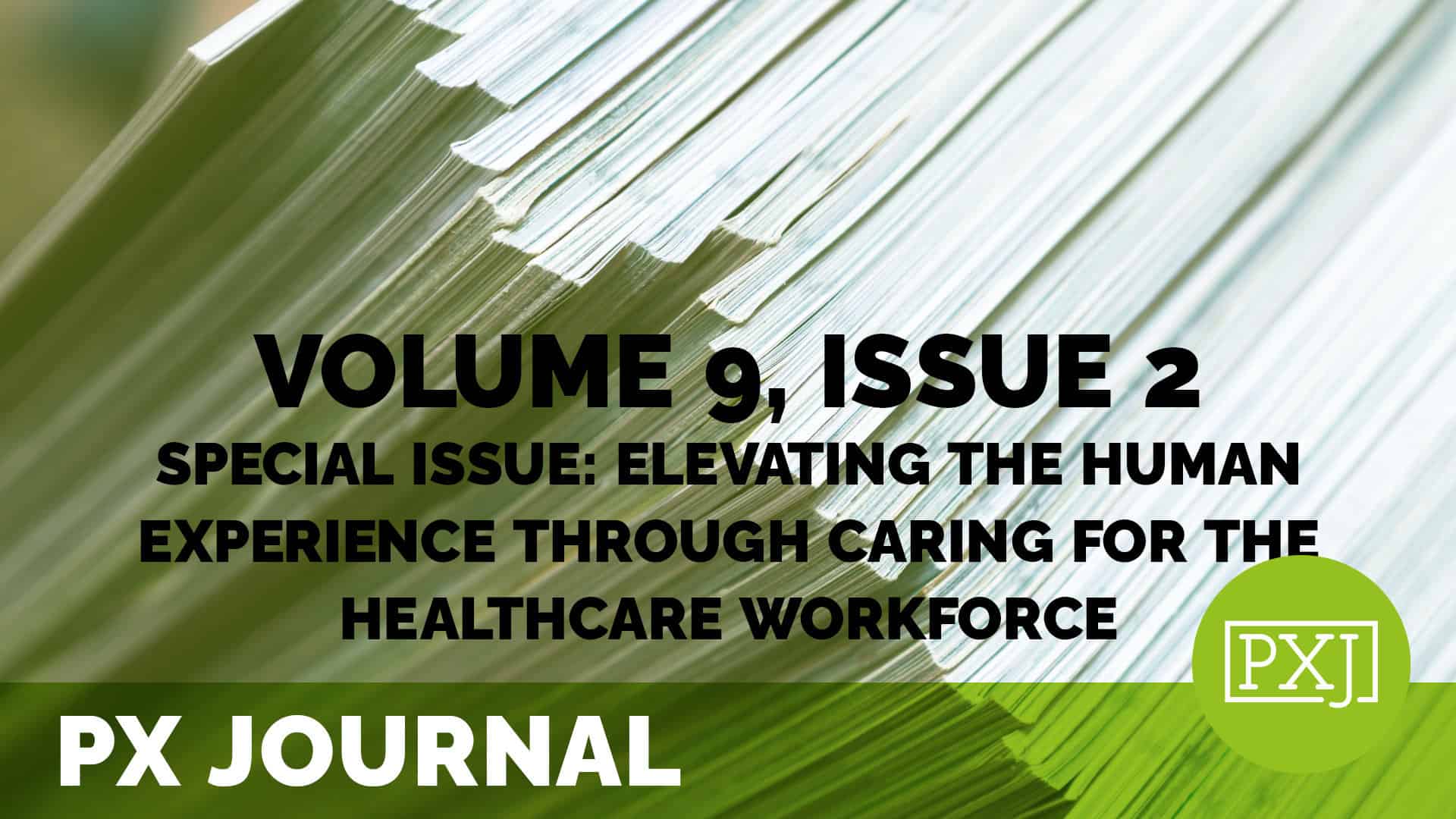Global child and family-centered care fellowship, education and mentorship for pediatric healthcare professionals: A literature review
Published August 4, 2022


Child- and family-centered care (FCC) is increasingly accepted and implemented to optimize the healthcare experience for patients, their families, and healthcare professionals. Standish Foundation for Children, a 501(c)(3) non-profit, has designed and piloted a fellowship to educate pediatric healthcare professionals in FCC & psychosocial care via an inquiry and mentorship model in Tbilisis, Georgia. This review aimed to evaluate and synthesize existing literature on psychosocial and FCC mentorship for pediatric healthcare professionals in four parts: ongoing need, effects on healthcare professionals, effects on children and their families and/or caregivers, and in cross-country healthcare settings. Reviewers searched open-source databases for articles in English published between 2010 and 2021. Opportunities for psychosocial and FCC skills development is both desired and needed by pediatric healthcare professionals, a viewpoint shared by families of pediatric patients. Existing mentorship models varied in design but overall improved provider confidence and ability to provide FCC in clinical settings. Some support for these interventions improving patient and family clinical outcomes is documented, although further research is necessary. In cross-country healthcare settings with varying resource levels, clinical mentorship in general can improve quality and delivery of care without requiring entirely new approaches. This review supports psychosocial mentorship models as an effective tool for child- and family-centered care delivery. Future research into long-term professional and patient outcomes, FCC impact on pediatric patients with non-traditional family units, and in cross-country settings is recommended to gain a more comprehensive understanding of how FCC can improve quality of healthcare.
Related content
-
Staff & Provider Engagement
Beyond the White Coat: Mental Health in the Life of a Junior Doctor
Published May 4, 2025

This article underscores the profound need for a culture that prioritises mental health, especially among doctors navigating their early careers. This personal narrative also highlights the importance of overcoming this and the challenges one can face while trying to do so. A journey of a 30-year-old doctor, as she hurdled along life with the passing
Learn more -
Staff & Provider Engagement
I felt more confident that it would work for me: A Grounded Theory of Person-centered Interprofessional Collaboration Based on Patients’ Lived Experiences
Published August 8, 2025

Interprofessional collaboration (IPC) is considered the highest standard of practice for delivering care to patients with multiple, complex, and chronic conditions. Despite reported benefits of IPC, the voice of the care receiver and how or whether they experience IPC is underexplored. Our objective was to examine patients’ experiences with IPC in two rural primary care
Learn more -
Culture & Leadership | Staff & Provider Engagement
Real-Time Coaching & Feedback: At-The-Elbow Support for Success
Published March 20, 2025

Unlock the power of coaching to inspire, engage, and gain buy-in from your team. In this interactive webinar, you’ll hear from nursing and physician leaders on how they leveraged practical coaching techniques to build trust, foster accountability, and align your team around shared goals. Discover strategies to overcome resistance, communicate with influence, and create a
Learn more
